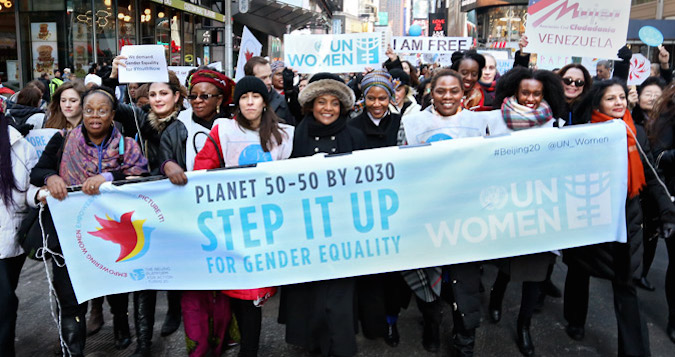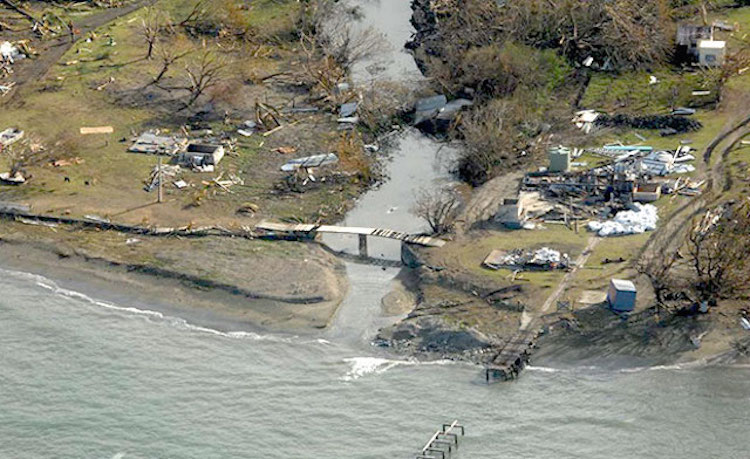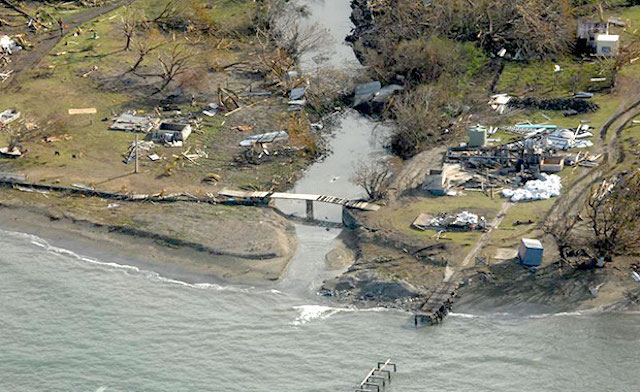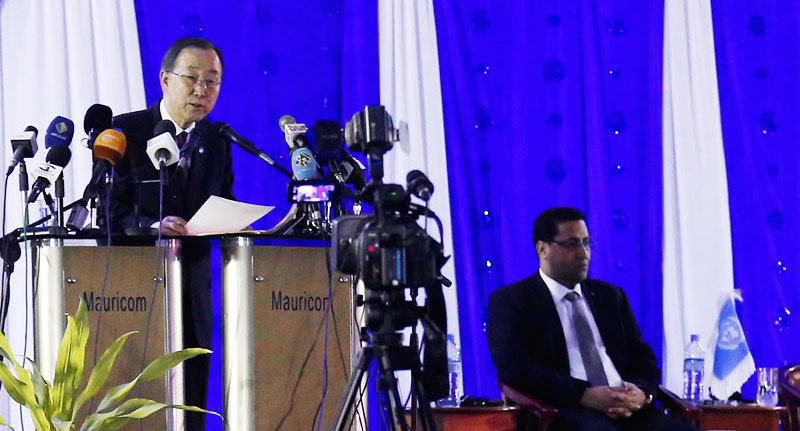NEW YORK (IDN) – The United Nations has launched a new multi-country initiative to speed up action to end child marriage by 2030 and protect the rights of millions of the most vulnerable girls around the world.
Announcing the joint initiative on the International Women’s Day March 8, the UN Children’s Emergency Fund (UNICEF) and the UN Population Fund (UNFPA) said the Global Programme to Accelerate Action to End Child Marriage will involve families, communities, governments and young people.
The UNFPA-UNICEF Global Programme to Accelerate Action to End Child Marriage is being supported by Canada, the European Union, Italy, Netherlands, and the UK.









